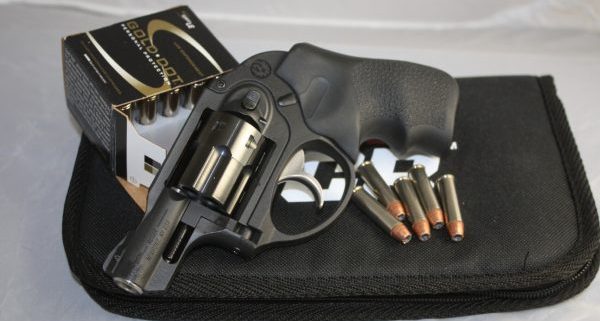
The tragic case of a Kent, Washington woman who was murdered at her home over the weekend appears to once again raise the question about just how much “protection” a protective order offers.
The Seattle Times is reporting that Karen Perez Placencia, 24, was fatally shot Sunday by her “estranged boyfriend,” identified as Erick Orguno-Perez. Before he took his own life, he also wounded a second, unidentified woman.
The newspaper noted that Placencia had obtained an order against Orguno-Perez last year, but it expired on Oct. 25.
The story is all-too-familiar, as similar tragic tales have played out time and again, typically with terminal endings.
In October, WMC News reported that a Southaven, Mississippi reported that a young teen, Nathidia Hernandez, had been fatally shot by Travis Carnez, Jr. He had a “criminal history and a restraining order against him prior to the shooting.” Carnez turned the gun on himself. The incident began when Carnez reportedly crashed his car into his ex-girlfriend’s vehicle, parked in the driveway of a home where the family who lived there had the restraining order.
Earlier this month, the Deseret News reported that SueAnn Sands, 39, of American Fork, Utah was shot dead by James Dean Smith of Orem. He was killed in a confrontation with police a short time later, the newspaper said.
The whole country should recall the alarming case of New Jersey resident Carol Bowne, murdered in June 2015 in her driveway by a man against whom she had a restraining order. The shocking aspect of this crime was that Bowne had been waiting…and waiting…and waiting for the local police to approve her permit to buy a gun. New Jersey authorities are infamous for delaying gun applications, and this case created a national furor, but didn’t solve the problem. Bowne was stabbed to death and the man who did it hanged himself.
According to Crimefeed.com, “Restraining orders are a common legal tool used in cases of domestic violence — but sadly they don’t always help the people they’re supposed to help…”
Under federal law, anyone with an active restraining/protection order against them cannot legally possess a firearm. But, like so-called “universal background check” statutes, such orders do not prevent determined bad people from getting their hands on a gun, anyway.
If such laws accomplish anything, it would be how they repeatedly reveal the false sense of security that protection orders promise but don’t deliver.
People intent on committing mayhem are not going to be stopped by pieces of paper.
Rather than rely on a protection order, some people have bought guns and taken defensive handgun courses. That may not be the perfect one-size-fits-all solution for every situation, but that is for each person to decide.
According to the Washington State Department of Licensing data on concealed pistol licenses, roughly 20 percent of the more than 566,000 CPLs now in circulation are held by women. That’s certainly the case in King County, the state’s most populous county that encompasses liberal Seattle. Of the more than 100,000 CPLs in King County, more than 20,000 belong to women.
There can be no guarantee that intended victims of domestic violence or any other kind of violent crime will always be able to stop an attack if they have a gun. There is more certainty that they will not be able to fight back against an armed attacker if they don’t have a gun.
And, as the gun prohibitionists are fond of saying, to poke public emotion, “if it saves just one life.”
Related:
California Sheriff Will Ease CCW Permit Process in His County
Washington State Anti-Gunners Want Ban on So-Called ‘Assault Weapons’
Woman With Gun to Her Head Kills Assailant With Her Own Handgun